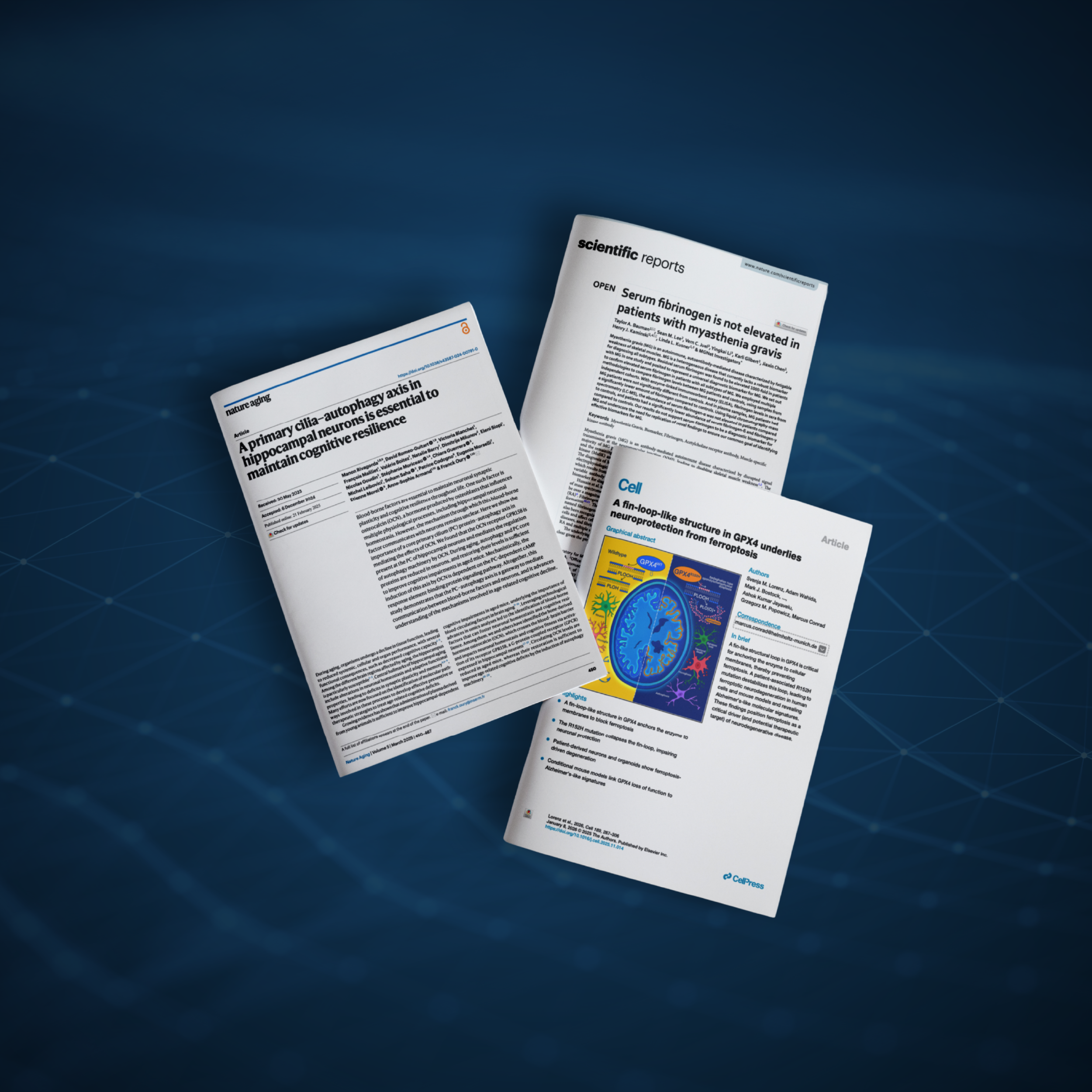Proteomic biomarker discovery is central to advancing personalized medicine, offering powerful tools for early diagnosis, disease monitoring, and targeted therapies. By investigating proteins—dynamic molecular indicators shaped by both genetics and environment—researchers gain unparalleled insights into complex biological processes.
Among the most informative sample types for proteomics are biological fluids such as plasma, serum, and cerebrospinal fluid (CSF). These biofluids serve as minimally invasive windows into systemic and organ-specific physiology. Their accessibility makes them ideal for longitudinal studies, clinical diagnostics, and large-scale biomarker screening initiatives. However, the promise of biofluid proteomics comes with significant analytical and technical challenges.
To extract actionable insights from these fluids, researchers must overcome not only their inherent complexity but also technical barriers associated with current LC-MS workflows. Standard sample preparation techniques often fall short in capturing the full diversity of the proteome.
The Challenge
High-Dynamic Range in Proteomics
Plasma, serum, and CSF are characterized by extreme protein concentration disparities. A small number of highly abundant proteins—including albumin, immunoglobulins, and transferrin—can account for over 90% of total protein content. These dominate the analytical landscape, obscuring signals from low-abundance proteins that are often the most biologically relevant as disease biomarkers.
Key challenges include:
● Signal Suppression: High-abundance proteins can mask or suppress detection of informative low-abundance peptides.
● Sample Prep Complexity: Manual, multi-step preparation increases variability and reduces reproducibility.
● Throughput Limitations: Lack of standardized, automated workflows constrains scalability for cohort studies.
Even CSF, which is less complex than plasma, presents similar challenges due to the presence of high-abundance proteins. As a result, reproducible, reliable protein identification across complex fluids remains a technical hurdle in biomarker discovery.
Additionally, batch effects introduced during manual handling, variability in digestion efficiency, and losses during cleanup further complicate comparative studies. This variability can be especially problematic when trying to discern subtle biological differences across patient groups or longitudinal samples.
The Solution
ENRICH: Simplifying Deep Proteome Analysis of Complex Biofluids
PreOmics® ENRICH technology addresses these challenges through a smart, scalable approach to sample preparation. This all-in-one workflow integrates:
● Bead-based enrichment of low-abundance proteins
● Paramagnetic bead-supported iST digestion and cleanup
This combination enables streamlined, reproducible processing of plasma, serum, CSF, and other complex fluids from human and various mammalian species (e.g., mouse, rat, pig, dog, non-human primates).
Key Benefits of the ENRICH Workflow
● Versatility: Compatible with a wide range of biological fluids and species.
● Speed: Significantly reduces hands-on time and total prep duration.
● Reproducibility: Highly consistent results across replicates and operators.
● Automation-Ready: Designed for seamless integration with magnetic bead-based lab automation platforms.
The modularity of ENRICH also facilitates easier troubleshooting and workflow optimization. Researchers can rapidly adapt the protocol to fit various experimental designs or sample types, ensuring broader applicability across diverse research contexts.
In a study involving non-small cell lung cancer (NSCLC) patients, ENRICH delivered a 2.2-fold increase in protein identifications compared to untreated samples. When coupled with a cohort-specific spectral library, this increase rose to 2.9-fold. More importantly, ENRICH enabled the detection of 16 significantly regulated proteins, including established cancer-related markers such as basigin (BSG) and stathmin 1 (STMN1).
These findings underscore ENRICH's capacity not just to boost proteomic depth, but also to reveal meaningful biological differences that may be missed by conventional workflows. Such sensitivity is crucial for uncovering early disease markers, understanding treatment responses, and supporting the development of targeted therapies.
Empowering Biomarker Discovery at Scale
ENRICH technology makes deep proteome profiling accessible and scalable. By efficiently reducing the dynamic range of plasma and other biofluids, it enhances detection sensitivity and proteome coverage. This enables:
● Standardized data generation across cohorts
● Cost-effective workflows for large-scale studies
The ability to apply a consistent protocol across multiple sample types and experimental sites is vital for clinical research and biomarker validation. ENRICH not only reduces technical variability but also shortens the path from bench to bedside by ensuring data robustness and reproducibility.
Furthermore, the technology’s compatibility with automation helps labs manage growing sample volumes without compromising quality. This is particularly important as omics-driven studies expand in size and scope, demanding higher throughput without sacrificing accuracy.
ENRICH has also demonstrated strong performance in neuroscience research. In cerebrospinal fluid (CSF) studies, ENRICH enabled up to a 1.7-fold increase in protein identifications compared to conventional workflows, with detection of 280–500 additional proteins depending on input volume. Importantly, this included low-abundance, disease-relevant candidates such as 14-3-3 family proteins (YWHAZ, YWHAB, YWHAG) associated with Alzheimer’s disease, as well as inflammatory markers including CRP, IL10, and IL1RAP.
These results highlight ENRICH’s ability to compress the dynamic range of protein concentrations and uncover hidden proteins, even in highly diluted fluids, broadening its impact from cancer biomarker discovery to neurodegenerative and inflammatory disease research.
Conclusion
Biomarker discovery in high-dynamic range fluids like plasma and CSF is one of proteomics’ greatest opportunities—and one of its most persistent challenges. PreOmics® ENRICH offers a streamlined, automation-compatible solution that reduces complexity, increases sensitivity, and drives reproducibility.
By enabling researchers to overcome the inherent limitations of complex biofluid analysis, ENRICH helps unlock deeper biological insights and accelerates the path from discovery to clinical application.
Learn more about how ENRICH technology supports advanced biomarker discovery by visiting the PreOmics Biomarker Analysis page.



.webp)








